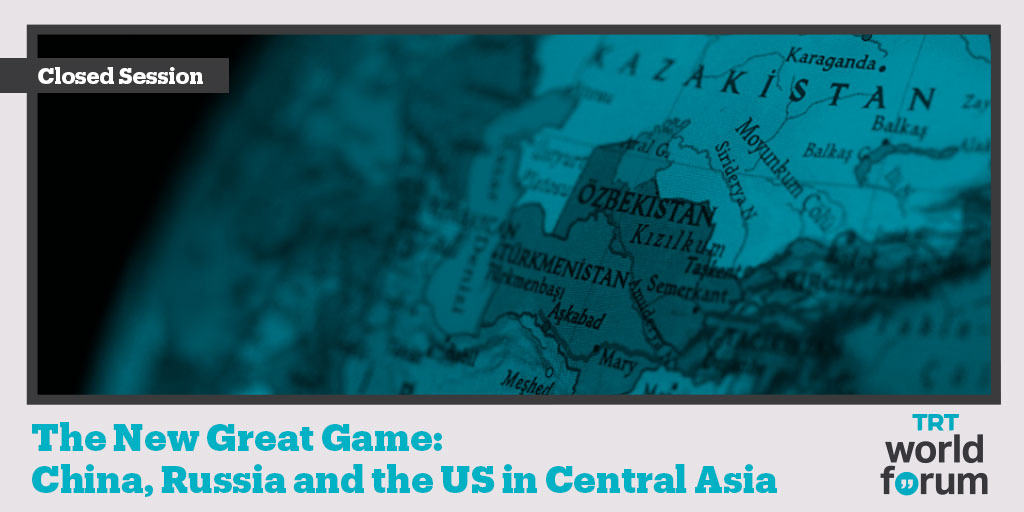Central Asia has become a focal point of Asia-Pacific international relations after the collapse of the Soviet Union in 1991. Geographically, the region expands from the Caspian Sea to China, and from Afghanistan to Russia. It canvasses Kazakhstan, Kyrgyzstan, Tajikistan, Turkmenistan, and Uzbekistan. In addition to its significant geographical size, the region is also quite rich in energy resources. Due to these very features, the region has become a geo-economic link, which has been acting like a magnet, drawing the attention of several great powers to the region, e.g. the United States (US), China and Russia. These powers’ converging and diverging interests fit well into the conceptual and rhetorical title as the ‘New Great Game’.
This session was conducted by four significant analysts/researchers/policy practitioners. Along with 20 esteemed participants, they focused upon the rivalry and cooperation of the US, China, and Russia in the region. Rather than stressing the historical background of these powers’ relations in the region, the discussions revolved around contemporary issues and developments.
The aim of the panel was to discuss how Central Asia dealt with the US, Russia, and China in terms of economy and politico-strategic relations. All three great powers have been trying to exert their national interests in the region.
This has required a certain level of cooperation to ensure their success but has ironically created a more significant level of rivalry. Especially the rise of China has placed this rivalry under the spotlight of increased international attention. The panel discussions revolved around cooperation and rivalry patterns, emphasising that increased cooperation and understanding is required, particularly between the US and China. It was also implied that Russia could act as an interlocutor between these two.
Written by Dr Gürol Baba
Dr Gürol Baba has his BA degree from Marmara University, Department of Political Science and International Relations. He had his first MA degree from the Çanakkale Onsekiz Mart University, Turkey, Graduate School of Social Sciences, and his MPhil and PhD degrees from the Australian National University, Canberra at the Research School of Humanities. He is currently holding an Associate Professor position at the Social Sciences University of Ankara, Political Science Faculty, Department of International Relations. Dr Baba’s research areas are: Middle Powers in International Politics, Australian Foreign/Defence Policies, Asia-Pacific Regional Affairs, Australian-American Relations, Turkish Foreign/Defence Policies, Turkish-American Relations, Political Background of the Gallipoli Campaign 1915.
